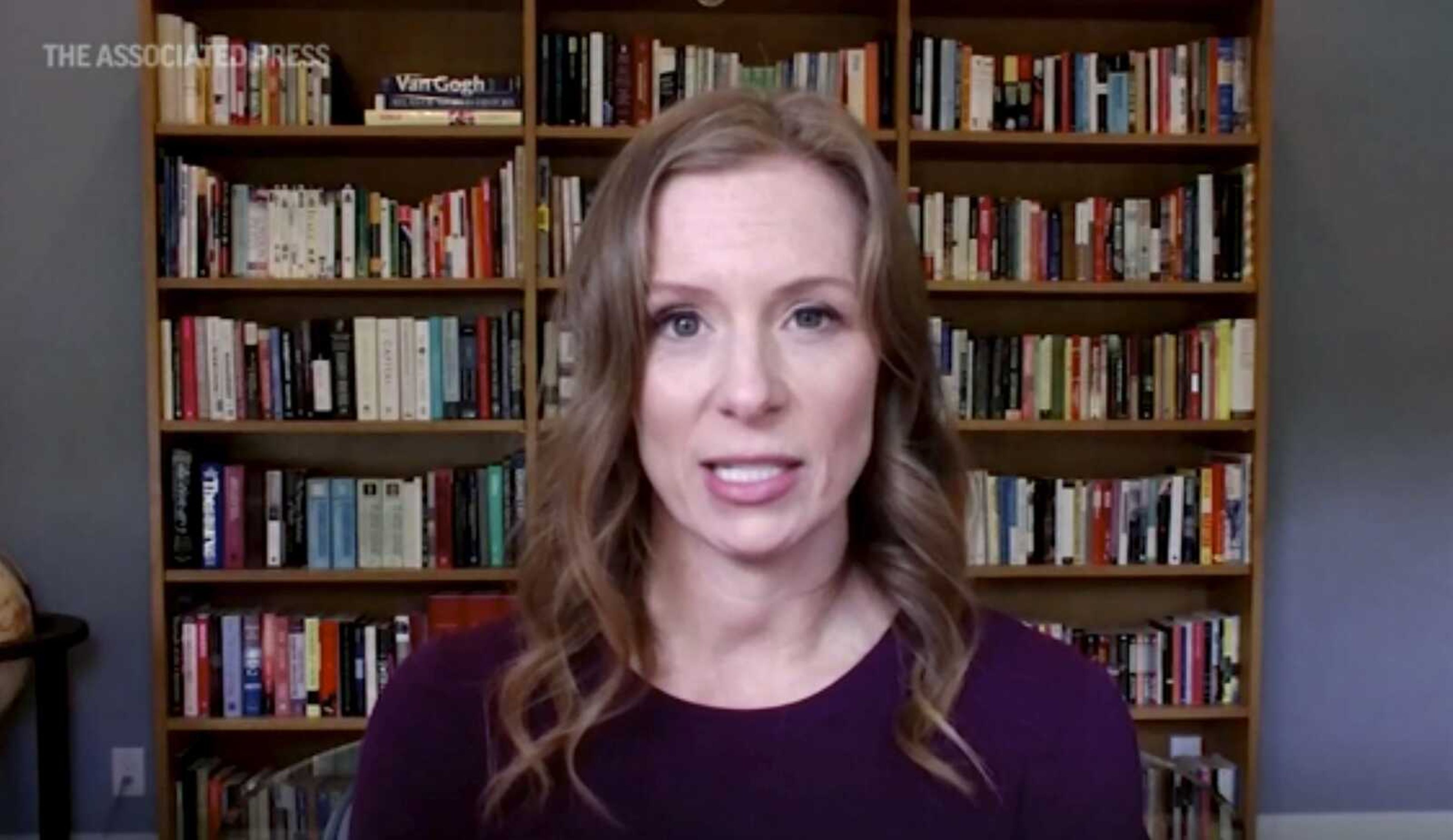Facebook exec: We do not prioritize engagement over safety
A Facebook executive is pushing back on a whistleblower's claims -- supported by the company's own internal research -- the social network's products harm children and fuel polarization in the U.S. Monika Bickert, Facebook's head of global policy management, told The Associated Press on Wednesday "we do not and we have not prioritized engagement over safety." Bickert said the reason Facebook researches teen well-being on Instagram is so the company can build better products and features to support them.. ...
A Facebook executive is pushing back on a whistleblower's claims -- supported by the company's own internal research -- the social network's products harm children and fuel polarization in the U.S.
Monika Bickert, Facebook's head of global policy management, told The Associated Press on Wednesday "we do not and we have not prioritized engagement over safety." Bickert said the reason Facebook researches teen well-being on Instagram is so the company can build better products and features to support them.
Whistleblower Frances Haugen, however, testified before the Senate on Tuesday that Facebook knows vulnerable people are harmed by its systems and has not made meaningful changes to prevent it. The platform is designed to exploit negative emotions to keep people on the platform, she said.
"They are aware of the side effects of the choices they have made around amplification," Haugen said. "They know that algorithmic-based rankings, or engagement-based rankings, keeps you on their sites longer. You have longer sessions, you show up more often, and that makes them more money."
Bickert pointed to features and tools Facebook has introduced over the years, such as hiding "like counts" on Instagram "which means when you post something, if you're a young person, you don't have to worry about how many people are going to 'like' your post and whether people will see that."
But Facebook's own researchers found hiding "like" counts did not help make teenagers feel better.
Connect with the Southeast Missourian Newsroom:
For corrections to this story or other insights for the editor, click here. To submit a letter to the editor, click here. To learn about the Southeast Missourian’s AI Policy, click here.










